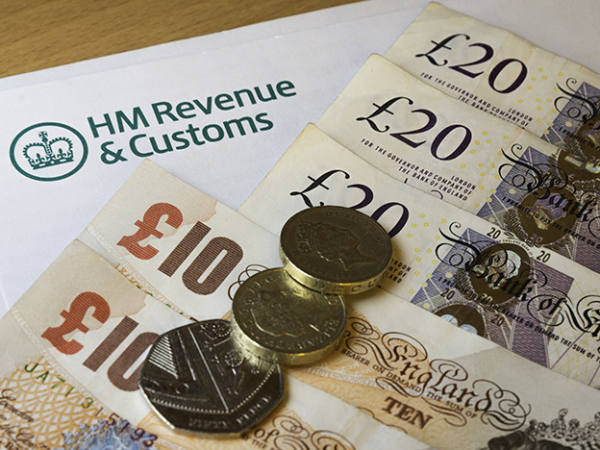For a once prosperous country that’s become heavily taxed, and with little scope for spending cuts that eat into the fabric of society, it seems that the world’s moved on, but not all taxes have. Could there still be new ways to raise revenues?
National insurance contributions date back to 1911, when they really were insurance: employers were required to buy a stamp that entitled their employee to health, pension and unemployment benefits. They became more like a tax in 1975, when contributions were linked to earnings. Over time, the cost of benefits has far exceeded the contributions, and what we’ve ended up with is a misnomer. There is no insurance fund; no provision for the future: current contributions are swallowed up by current expenditure. The name misleads the public, and gives rise to a false sense of entitlement. The standard employee rate is 13.25 per cent; and higher rate taxpayers pay 3.25 per cent above that. The employers’ liability of 15.05 per cent has been criticised for being a tax on jobs that acts as a disincentive to taking on more staff. Unsatisfactory as this is, governments like it, for national insurance raises almost a fifth of their total UK revenues. More tellingly, headlines focus on income tax, so by pushing up national insurance rates, they can increase taxes without appearing to do so.
The feasibility of replacing national insurance with other taxes is open for debate, but there is one potential quick-fix: to require those older than state pension age to pay national insurance contributions. After all, a penalty of ageing is that it places a disproportionate demand on health services. They also enjoy the winter fuel allowance, free bus passes and free television licences for the over 75’s – freebies worth about £1,000 that are also funded by the younger working population. Subsidising those of the older generation who have received considerable windfall gains from rocketing house prices seems unfair. Making these freebies taxable would go some way towards levelling this out.
The road fund licence is another misnomer. It ended in 1936, since when general taxation has paid for roads. A switch to electric cars could open up an estimated £35bn hole in government revenues, so road pricing could be on the agenda before too long. The failure of fuel duty to keep pace with inflation hasn’t helped, and it has had an environmental impact too, as does aviation fuel, which believe it or not, is completely tax-free. The EU has talked about taxing it; the House of Commons looked at it in 2019; but little progress has been made. The excuse is that it would need an international agreement, and would risk 'tankering' (where aircraft top up their fuel tanks outside the EU) but you have to wonder why they this imported fuel can’t be taxed as well. This effective subsidy leaves land transport struggling to compete.
What about new taxes? A tax on emails has been considered, but the structure of the internet doesn’t make it easy. What about text messaging and social media sites? A tax on gigabytes used, perhaps? So far, the UK has confined itself to a Digital Services Tax of 2 per cent tax on revenues of larger companies. This could be extended to smaller ones. Another is a move to legalise, regulate and tax recreational cannabis, to frustrate criminal suppliers and put the drug on a par with tobacco and alcohol. This has been on the cards for some time. Just as controversial would be one to chip, license and tax all dogs and cats. The rationale would be to reduce environmental damage and to pay their way: 10mn dogs produce about a million tons of excrement every year for local authorities to dispose of, and the annual estimated wildlife killed by the 11mn pet cats in the UK are 55mn birds and 275mn animals.
Taxes to shape behaviour are perhaps more acceptable. We’ve seen proposals for windfall taxes on energy companies to be offset by investments in genuine renewable energy projects, such as solar, wind and hydro. This could go further. For example, if local authorities were empowered to raise their own taxes, they could use the revenues to harness weirs: most weirs in this country were walls built across rivers to create ponds to power water mills. In theory, their infrastructure could be adapted to generate electricity.
So, we have taxes to level playing fields; taxes to shape behaviour for the common good; and creative taxes simply to raise revenues. Most people understand why they’re necessary, but what’s needed to make them acceptable? As long ago as 1779, a pamphlet by William Pulteney identified three criteria: the public needs to accept the social need; have faith that the taxes will be spent prudently; and trust the government of the day. Maybe it’s good to know that some things haven’t changed after all.











